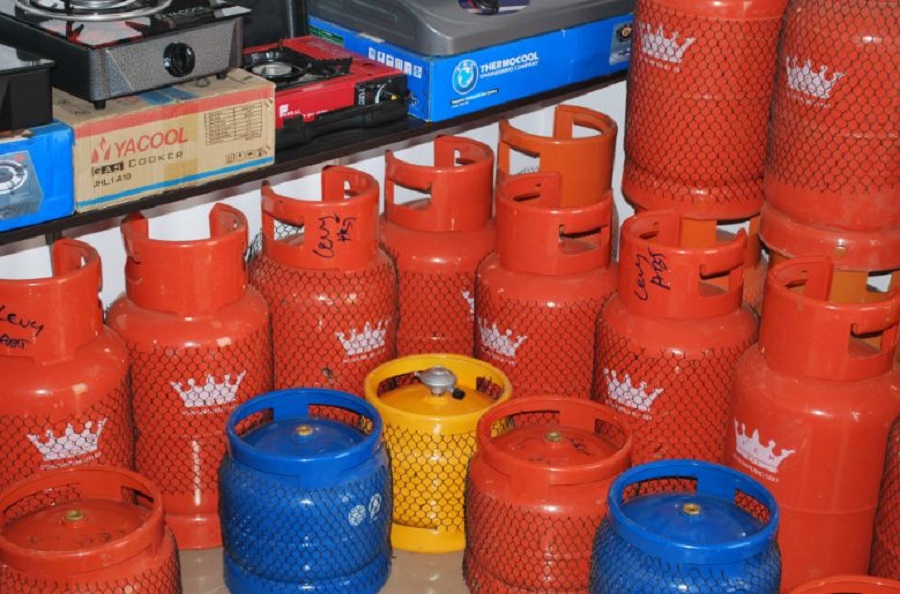The average price of 5kg cooking gas saw a notable decline of 6.10% in June 2024, marking the largest decrease in the last 12 months, according to the National Bureau of Statistics (NBS).
This drop brings the average price down to N6,966.03 from N7,418.45 recorded in May 2024. Prior to this, the only other price drop in the past year was in April 2024, with a marginal decrease of 1.06%.
Despite this monthly relief, the year-on-year comparison reveals a stark increase. The price of a 5kg cylinder of cooking gas has surged by 71.23%, from N4,068.26 in June 2023 to the current N6,966.03.
A state-by-state analysis shows significant price variation across the country. Osun recorded the highest average price for refilling a 5kg cylinder at N7,800.00, followed by Edo at N7,750.00, and Ebonyi at N7,590.79. On the other hand, Yobe had the lowest price at N6,062.50, with Jigawa and Anambra following at N6,144.44 and N6,338.75, respectively.
READ ALSO: Nigeria’s imported food inflation soars to 36.38% in June 2024
Regionally, the South-West had the highest average retail price at N7,241.67, followed by the North-Central at N7,096.51, while the North-West recorded the lowest at N6,660.20.
In contrast, the average retail price for refilling a 12.5kg cylinder of cooking gas increased by 0.70% month-on-month, rising from N15,627.40 in May 2024 to N15,736.27 in June 2024. Year-on-year, this represents a substantial increase of 72.49% from N9,123.25 in June 2023.
State profile analysis for the 12.5kg cylinder also showed significant differences. Cross River recorded the highest average price at N16,888.89, followed by Kaduna at N16,754.69 and Abia at N16,708.33.
Bauchi had the lowest average price at N13,450.00, with Taraba and Kogi following at N13,950.00 and N14,455.38, respectively.
Zonal analysis indicated that the South-South region had the highest average price at N16,272.94, followed by the South-East at N15,925.96, while the North-East had the lowest price at N15,104.26.
The recent decline in cooking gas prices provides temporary relief for households strained by rising food and transport costs.
However, the significant increase in cooking gas prices over the last year may force vulnerable individuals and households to revert to using firewood or other polluting energy sources for cooking, undermining efforts to eliminate such practices in Nigeria.

 Entertainment1 week ago
Entertainment1 week ago
 Business1 week ago
Business1 week ago
 Health1 week ago
Health1 week ago
 Business1 week ago
Business1 week ago
 Latest1 week ago
Latest1 week ago
 Football1 week ago
Football1 week ago
 Entertainment1 week ago
Entertainment1 week ago
 Entertainment6 days ago
Entertainment6 days ago

